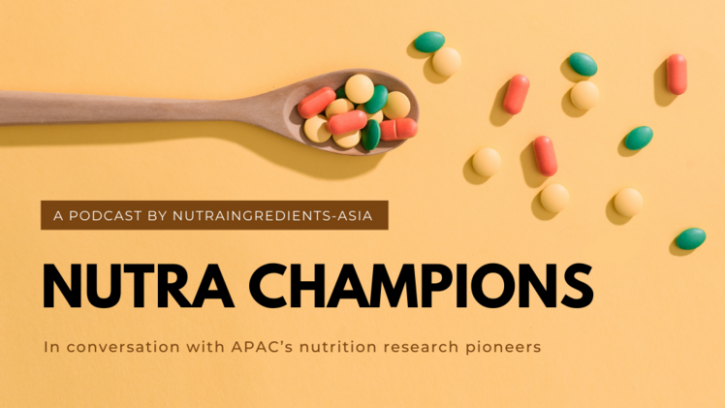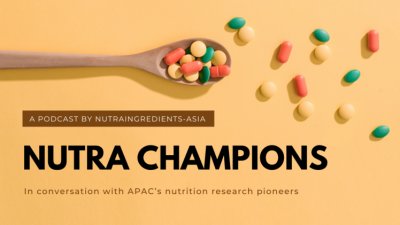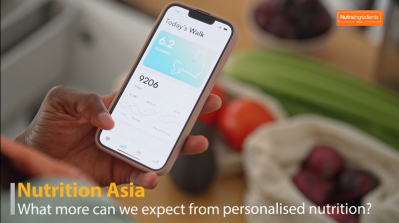Data delivery: Larger databases key for personalised nutrition to bloom, says Amway, Amorepacific-backed start-up - LISTEN

Dr Yosep Ji, co-founder and CEO of HEM (Human Effective Microbes) Pharma, is the latest guest of our Nutrachampion podcast.
The company was founded in year 2016 together with his graduate studies academic advisor, Dr Wilhelm Holzapfel, professor teaching biology at Handong Global University, who was originally from Germany. Dr Holzapfel is currently the chief technology officer at HEM Pharma.
“We founded the company in 2016 and we have the final goal of solving problems related to the microbiome.
“The microbiome is considered as a black box. We don't know what's going on inside, even though we give different nutrients, different food or different probiotics but we don't have scientific evidence to measure the specific outcome.
“So, we developed a patented technology called the PMAS – personalised pharmaceutical meta-analytical screening [to measure the outcomes].”
In year 2020, the firm clinched its biggest commercial project to date with Amway Global after pitching the concept of PMAS.
The aim of the partnership is to develop personalised probiotics that support gut-health related benefits. This includes immunity, weight management, brain health, skin health, and more, Amway announced back then.
Fast forward to 2022, Amway Korea launched My Lab by Nutrilite – a precision probiotics service that works on PMAS.
This year, HEM Pharma was also selected by South Korea’s Ministry of Food and Drug Safety (MFDS) in a five-year project aimed at setting guidelines for the country’s personalised nutrition industry.
Asked the biggest hurdle that needs to be overcome for the personalised nutrition sector to flourish, Dr Ji believes that having a large database is key.
“In my opinion, that's the database.
“In the bio industry, people spend money because they don’t know the future of their health. They don’t know if they are going to get diabetes or whether they are going to get colon cancer in two or three years later…
“How can we control the fear? That's the database…In our company, we think that changes in the microbiome happen even earlier than the [onset of the] health conditions.
“So, by looking into the bacteria, we can predict the future health status of the customers in a very early stage. And if we can have a microbiome database together with their health database, then I think that's the key factor for personalisation [of nutrition],” he said.
Within a year, more than 35,000 microbiome testing kits have been sold under My Lab by Nutrilite. From there on, HEM Pharma has managed to collect over 21,000 human microbiome data.
Dr Ji said that this has exceeded the country’s largest human microbiome database to date. Led by Korea Food Research Institute, the database has collected about 4,000 human microbiome data over five years.
“In Korea, until now, the largest database of the human microbiome is by the Korean Food Research Institute. They have conducted [the project] for five years with a huge amount of subsidisation from the government, but they have only collected 4,000 microbiome database within five years…
“So, I think that's the power of our business, and that's the power of database, which is going to be the key factor for personalised businesses in the future,” he said.
Similarly, when setting guidelines for the country’s personalised nutrition industry, he said that a large database could help to set the parameters of what is considered “good” and “bad” health.
“If somebody sends us to sample to find out if his/her health is in a good status, then [we need to find out] what is the definition of good and bad [health]. And the definition requires a huge amount of database.
“We have to have the confidence that our database can serve as a reference for the Korean population…So that's the whole concept of this government project.”
Listen to the podcast to find out more.


















